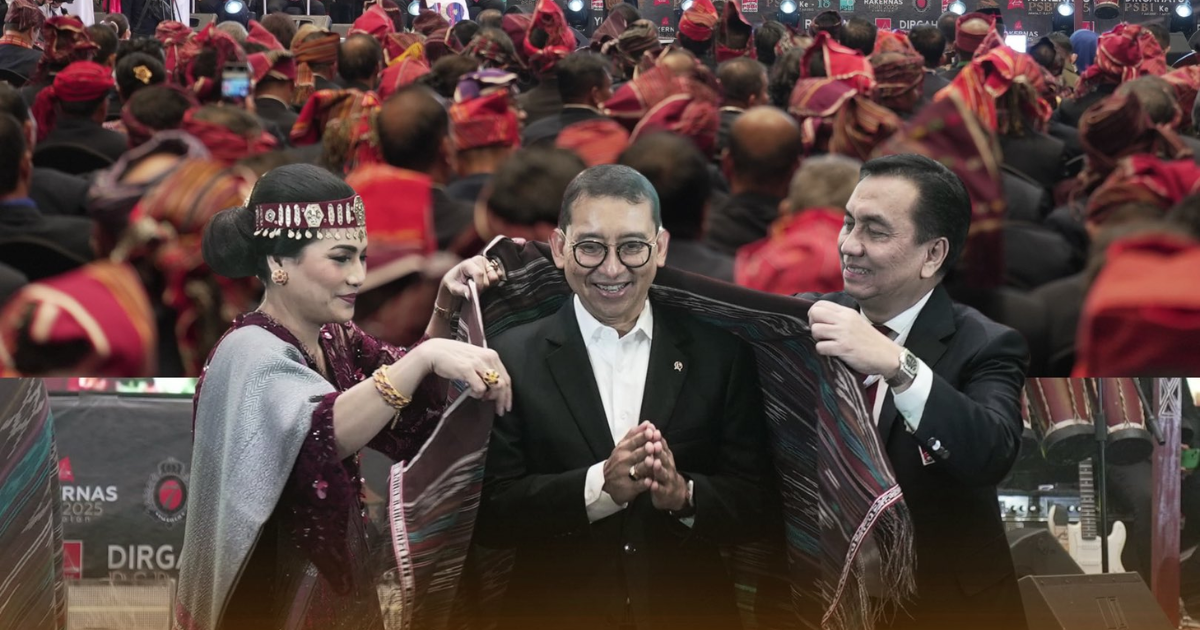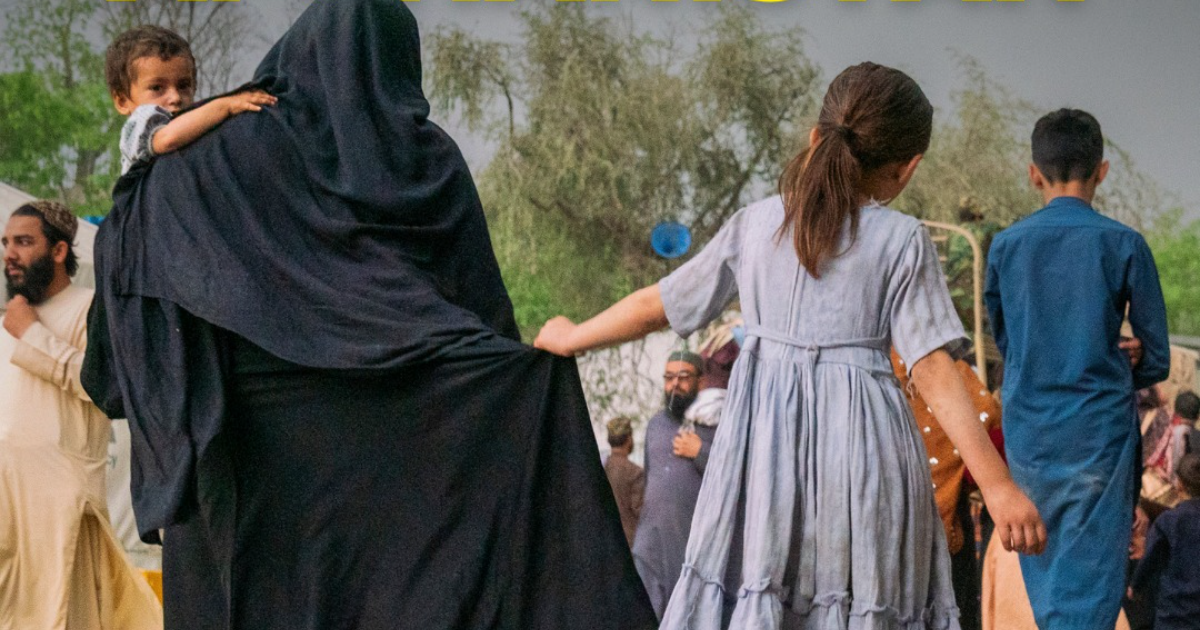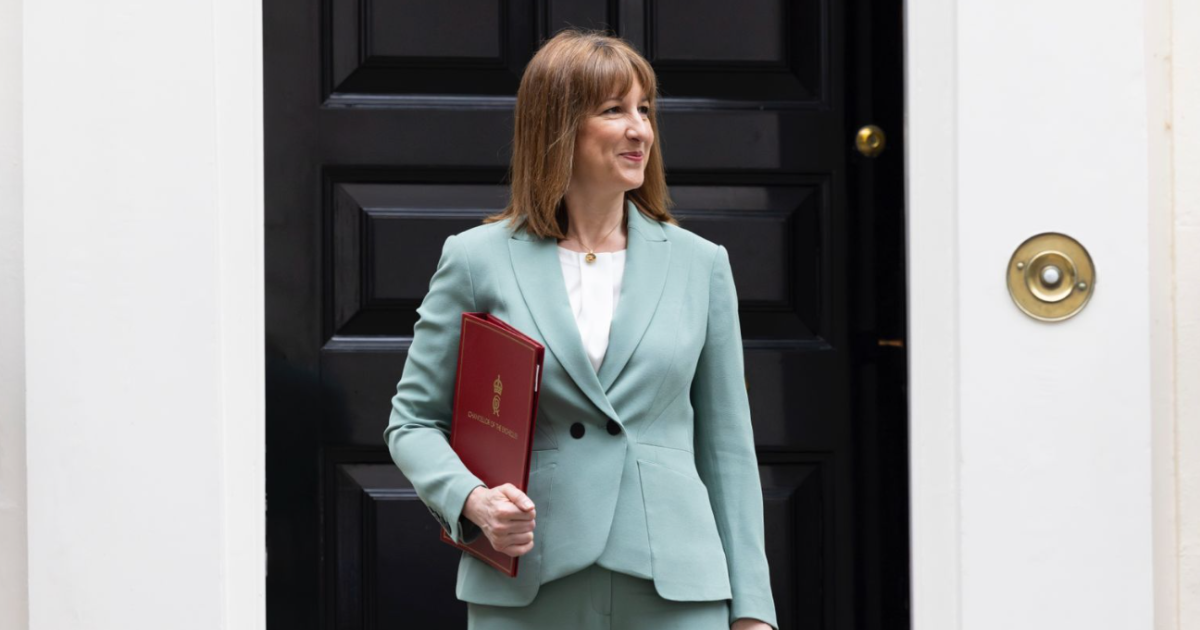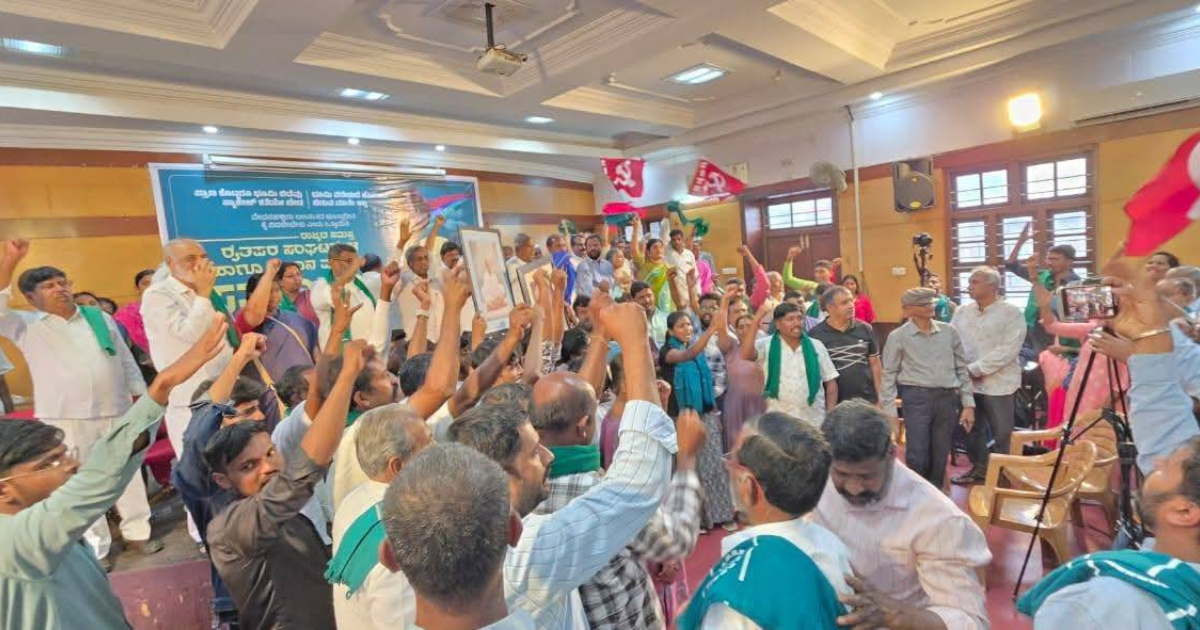Indonesia has made a great stride towards redesigning its national development direction by laying prevalent cultural development at the center of its 2025-2029 planning strategy. The Coordinating Ministry of Human Development and Cultural Affairs has reinforced that the National Action Plan for Cultural Advancement (RAN-PK) will assume a leadership role in defining the future policy agenda of Indonesia and as such it will bring about a greater transition towards identity-based growth model in the country.
This is what can be considered to be a milestone in Indonesia as a general policy of national development and it is based on the fact that culture should not be seen as the heritage that should be preserved; it is more of a strategic investment in the enhancement of national character and competitiveness. The authorities presented the project as the basis of a system that would coordinate the work of sectors in the government and strengthen the culture of the country as an energetic unit of economic and social growth.
According to Warsito, Deputy in formulating ministry that addresses character and national identity development, culture is supposed to be regarded as an essential element of nation-building as opposed to mere decoration. The next plan, he explained, is one that will teach the people of Indonesia values, discipline and creativity to enable them face a competitive world on a global scale.
He said, culture is not only about the past, but about the future. In his opinion, the emphasis will be made on the promotion of domestic character, the encouragement of innovation based on traditional patterns, and the reinforcement of social cohesion.
The action plan 20252029 is the continuation of the release of Presidential Regulation No. 115 that provides the Master Plan of Cultural Advancement (RIPK) 20252045. The vision of the cultural long-term roadmap is that Indonesian cultural development should have been at the centre of national desire in the achievement of the Golden Indonesia 2045 national aspiration, which is a milestone in the strategic terms and by this time, Indonesia will have been celebrating a century of independence.
Cultural Policy with a Structured Framework
The RAN-PK is not a symbolic gesture. There is development of it with well-structured policy guidelines and implementation mechanisms. The plan integrates cultural efforts across ministries and government institutions, ensuring coordination and continuity in programming.
Key components of RAN-PK include:
- Sectoral and cross-sectoral policies that align cultural development with national education, innovation, and tourism.
- Program integration across various ministries, avoiding duplication and enhancing collaboration.
- Measurable indicators that evaluate progress in cultural education, heritage protection, creative economy growth, and community engagement.
- Clear implementation mechanisms with assigned responsibilities and resource allocation plans.
Such categorization will supposedly enable the plan to be more than a vision document, it will be an effective tool of harmonizing government action with cultural aspirations.
Building Towards 2045 with Cultural Identity
In its long-term identity objectives, cultural strategy is also a very important component of Indonesia. The RIPK gives priority a 20-year strategic direction, and the RAN-PK gives a five-year plan on how the strategy can be implemented. The combination is supposed to lead Indonesia to the path of becoming a nation which would not only be economically prosperous but perfectly established in its values and identity.
Since the country is in the direction of 2045, the authorities clearly point out that the traditions need to be preserved, hand in hand with modernization. There will be cultural institutions, education systems, industries of creativity and the digital format to make sure that culture is most relevant and influential in the everyday life of Indonesians.
Government’s Collaborative Approach
In order to guarantee wide adoption and success, the Ministry is actively involving various categories of stakeholders: academics and artists, community leaders and local governments. The consultations will be aimed at ensuring that the plan will be inclusive and they take cognizance of the cultural diversity in Indonesia.
This practice acknowledges the fact that the concept of culture in Indonesia is non-monolytic: a collection of ethnic, lingual, and spiritual traditions. The diversity should be held and invoked by any national structure and in fact it should be the bonding force and not a divisive one.
The fact that Indonesia has decided to take cultural advancement as one of the most important parts of the next phase of its development sends a loud and crystal clear message: progress cannot be measured, only by GDP, but by the resilience of the national identity, values, and unity.




